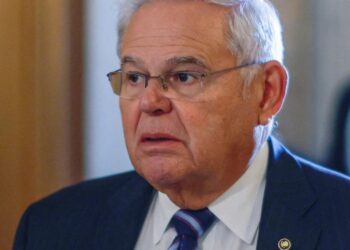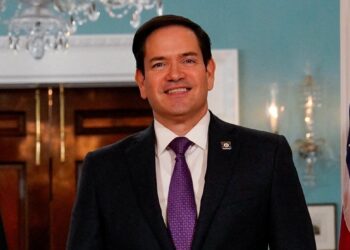In recent years, the conversation surrounding LGBTQ+ rights has gained international prominence, with political leaders across the globe facing scrutiny over their stances on this pivotal issue. In Germany, Friedrich Merz, the leader of the Christian Democratic Union (CDU), has emerged as a significant figure in this discourse. As a prominent conservative politician, Merz’s views on LGBTQ+ rights are especially noteworthy, given the historical tension between conservative ideologies and the push for greater equality and acceptance within the LGBTQ+ community. This article delves into Merz’s position on LGBTQ+ issues, exploring his political statements, legislative actions, and the broader implications of his stance for both the CDU party and Germany’s societal landscape. By examining the context surrounding his views, we aim to provide a nuanced understanding of where Friedrich Merz stands on LGBTQ+ rights and what it means for the future of equality in Germany.
Friedrich Merzs Political Background and Its Impact on LGBTQ+ Advocacy
Friedrich Merz, the leader of the Christian Democratic Union (CDU), has a political background that intertwines tradition with emerging contemporary issues, making his stance on LGBTQ+ advocacy particularly notable.Before taking the helm of CDU, Merz had a long-standing career in law and economics, which shaped his views on governance and social policy. His positions can be traced back to a conservative ideology that traditionally emphasized family values. However, as societal attitudes towards LGBTQ+ rights have evolved, so have the responses from figures like Merz. His comments in recent years suggest a cautious approach, reflecting a desire to balance conservative party principles with the demands of a more progressive electorate. Key influences on his viewpoint include:
- his leadership role within the CDU, impacting party alignment on social matters.
- His need to appeal to younger voters who prioritize inclusivity.
- Increased dialogue within the party regarding LGBTQ+ rights against a backdrop of evolving public opinion.
The impact of Merz’s background and his responses to LGBTQ+ issues can also be highlighted through legislative discussions and party policies. While he advocates for traditional structures, there is a growing recognition within the CDU that entirely dismissing LGBTQ+ rights could alienate a significant segment of the population. This balancing act poses challenges as Merz navigates the demands from both conservative and progressive factions within his party. Furthermore, recent public statements indicate a slow shift towards greater acceptance of LGBTQ+ rights, albeit with caveats reflective of his conservative roots. critical aspects shaping his approach include:
Political dilemmas:
| aspect | Impact |
|---|---|
| Party Alignment | Strives for unity amidst diverging views. |
| Public Opinion | Influences his receptiveness to LGBTQ+ advocacy. |
| Aging Voter Demographic | Pressure to adapt policies to retain younger supporters. |
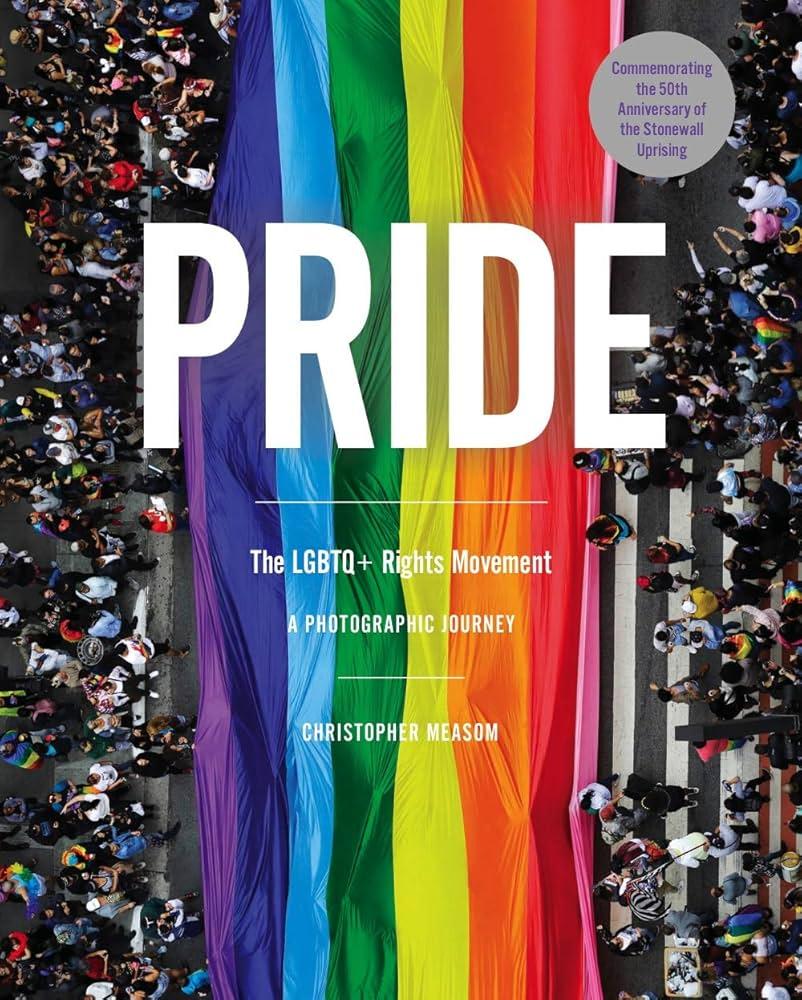
Current Status of LGBTQ+ Rights in Germany: A Legislative Overview
In recent years, Germany has made significant strides in advancing the rights of the LGBTQ+ community, marked by several key legislative changes. Among these milestones is the legalization of same-sex marriage in 2017,which was a groundbreaking step toward equality. The German government has also implemented various anti-discrimination laws that protect LGBTQ+ individuals in employment, housing, and public services. Furthermore, measures aimed at promoting acceptance in society, such as educational programs and awareness campaigns, have been introduced at federal and state levels, fostering a more inclusive atmosphere.
Despite these advancements, challenges remain. Discrimination and violence against LGBTQ+ individuals still occur, and advocates continue to call for further reforms.Current debates are focusing on enhancing protections for transgender rights, particularly regarding legal recognition and health care access.Moreover, discussions about improving representation in public institutions and combating hate speech persist. As public opinions evolve, the political landscape is influenced by figures such as Friedrich Merz, who holds a critical role in shaping future policies related to LGBTQ+ rights.
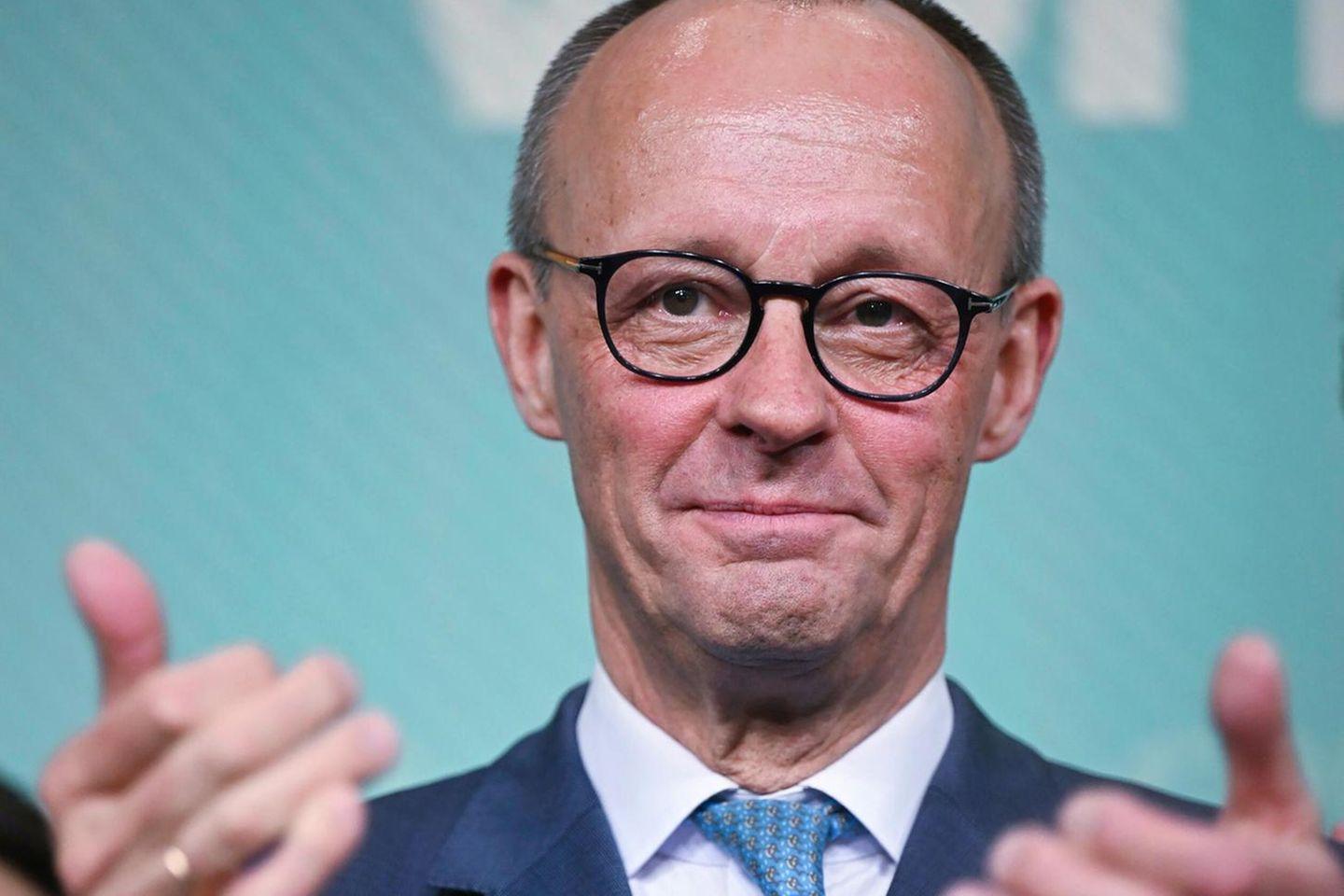
Analyzing Merzs Statements on LGBTQ+ Issues: Support or Opposition?
Friedrich Merz, the leader of the German Christian Democratic Union (CDU), has navigated a complex landscape when it comes to LGBTQ+ issues. His statements and policy positions often reflect a balancing act between traditional conservative values and the evolving expectations of modern German society. Key aspects of his stance include:
- Support for Anti-Discrimination Laws: Merz has expressed support for legislation aimed at protecting LGBTQ+ individuals from discrimination in various sectors, signaling a commitment to equality under the law.
- Concerns Over Family Structures: He has also raised concerns about the impact of LGBTQ+ rights on traditional family structures, which some interpret as a cautious take on expanding rights.
- Religious Freedom vs. LGBTQ+ Rights: By advocating for religious freedom, Merz has sometimes waded into controversial waters, implying that some traditional beliefs may come into conflict with LGBTQ+ rights.
To better understand his position, it’s crucial to analyse his public statements. A recent tweet emphasized the need for unity and acceptance, while comments at party gatherings have shown reluctance to openly endorse progressive LGBTQ+ policies. This duality can be represented in the following table:
| Statement Context | Message |
|---|---|
| Public Gatherings | Calls for respect but emphasizes traditional values |
| Legislative Proposals | Supports anti-discrimination but hesitates on marriage equality |
| Media Interviews | Stresses unity but hints at prioritization of conservative views |

The Role of the CDU in Shaping LGBTQ+ Policies Under Merzs Leadership
The CDU,under Friedrich Merz’s leadership,is navigating a complex landscape regarding LGBTQ+ rights in Germany. Historically,the Christian Democratic Union,as a centre-right party,has faced criticism for its traditionally conservative stance on social issues,including LGBTQ+ rights. However, with Merz at the helm, there is a notable shift as he attempts to modernize the party’s image and appeal to a younger electorate that values inclusivity.this transition is characterized by:
- Acknowledgment of LGBTQ+ rights: Merz has openly recognized the importance of equality and non-discrimination for LGBTQ+ individuals, signaling a potential openness to dialogue on related policies.
- Advocacy for social cohesion: Emphasizing unity,his leadership seems to strive for a balance between traditional party values and the evolving social landscape.
Merz’s position reflects both an opportunity and a challenge for the CDU. As public sentiment shifts towards greater acceptance of LGBTQ+ issues, the party is pressured to evolve its policies accordingly. While some factions within the CDU remain resistant to extensive changes, Merz’s leadership encourages a reexamination of the party’s role in promoting LGBTQ+ rights. This can be seen through:
| Policy Area | Current Stance |
|---|---|
| Same-sex Marriage | Support for legal recognition but cautious on further expansion |
| Adoption Rights | Open to discussion but no clear policy shift |
| Anti-Discrimination Laws | Supportive of strengthening protections |
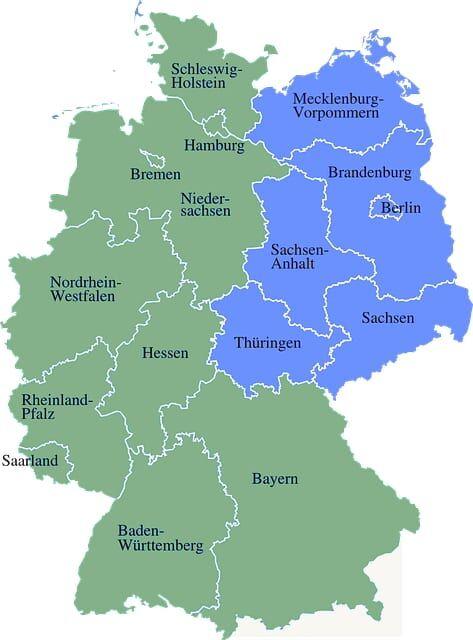
Comparative Perspective: How Germany Stands against Its European Neighbors
Friedrich Merz, the leader of the Christian Democratic Union (CDU), has often found himself at the center of the debate surrounding LGBTQ+ rights in Germany, especially when contrasted with the more progressive stances of some of its European neighbors. In countries like Netherlands, Sweden, and Spain, laws supporting LGBTQ+ rights have advanced considerably, including comprehensive anti-discrimination measures and marriage equality. In stark contrast, Merz’s approach has been characterized by a mix of traditional conservativism and a cautious acknowledgment of LGBTQ+ identities, which has left many advocates frustrated.This hesitation can be interpreted as a reflection of deeper cultural and political currents within Germany, echoing a broader tension between conservative values and increasing public demand for inclusivity.
When examining public opinions within Germany compared to its neighbors, the perception of LGBTQ+ rights remains complex. According to recent surveys, the public support for LGBTQ+ rights is gradually increasing in Germany, but it still lags behind countries such as Portugal and France, where support is robustly high. This discrepancy is further highlighted in the table below, which summarizes key indicators of LGBTQ+ rights across selected European nations:
| Country | Marriage Equality | Anti-Discrimination Laws | Public Support (%) |
|---|---|---|---|
| Germany | Yes | Moderate | 70 |
| Netherlands | Yes | Strong | 85 |
| Spain | Yes | Strong | 82 |
| Sweden | Yes | Strong | 90 |

Recommendations for Future LGBTQ+ Initiatives and Merzs Potential Influence
As Germany navigates the complexities of LGBTQ+ rights,it is crucial for future initiatives to focus on inclusivity,representation,and education. Recommendations for enhancing support for LGBTQ+ individuals should include:
- Inclusive Policies: Develop comprehensive anti-discrimination laws that protect LGBTQ+ individuals in all areas, including employment, housing, and healthcare.
- Visibility in Leadership: Encourage representation of LGBTQ+ voices in politics, media, and other influential sectors to ensure diverse perspectives in decision-making.
- Education Programs: Implement educational curricula that promote understanding and acceptance of LGBTQ+ identities from an early age, fostering a culture of inclusivity.
Friedrich Merz’s potential influence on these initiatives cannot be overlooked, given his prominent position within the political landscape. His approach to LGBTQ+ issues may shape public discourse and impact policy-making. The table below highlights the suggested ways Merz could leverage his influence:
| Action | Potential Impact |
|---|---|
| Championing LGBTQ+ Rights | Could shift political attitudes, encouraging bipartisan support for progressive policies. |
| Engaging with the Community | Building trust and rapport, leading to more nuanced understanding of LGBTQ+ needs. |
| Promoting Accountability | Encouraging transparency within his party regarding LGBTQ+ issues, fostering a culture of duty. |
Key Takeaways
Friedrich Merz’s approach to LGBTQ+ rights in Germany reveals a complex interplay of personal beliefs and political strategy. While he advocates for equality and non-discrimination, some of his past statements and affiliations raise questions about his commitment to advancing LGBTQ+ issues in a meaningful way. As the political landscape continues to evolve, the attention on leaders like Merz will remain crucial in shaping the future of LGBTQ+ rights in Germany. Observers will be watching closely to see whether his declarations translate into tangible policy changes that support the community. Ultimately, the discourse surrounding Merz’s stance on these issues is indicative of broader societal attitudes and the ongoing struggle for equality.



